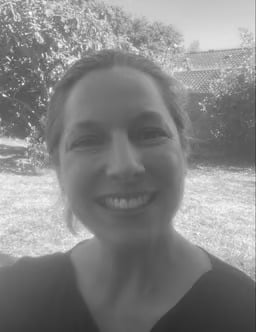Molar Concentration (Oxford AQA IGCSE Chemistry)
Revision Note

Author
Philippa PlattExpertise
Chemistry
Solution Calculations
What is concentration?
Concentration refers to the amount of solute there is in a specific volume of the solvent
It can be expressed in moles per decimetre cubed and calculated using the following equation
concentration (mol / dm3)
1 decimetre cubed (dm3) is the same as 1 litre
1 decimetre cubed (dm3) = 1000 cm3
Some students find formula triangles help them to understand the relationship:
Diagram to show the relationship between moles, concentration and volume

You may be given data in a question which needs to be converted from cm3 to dm3 or the other way around
Conversion of cm3 and dm3

To go from cm3 to dm3 divide by 1000. To go from dm3 to cm3 multiply by 1000
Worked Example
Calculate the amount of solute, in moles, present in 2.5 dm3 of a solution whose concentration is 0.2 mol/dm3.
Answer:
Step 1: Write down the information you are given in the question:
Concentration of solution: 0.2 mol/dm3
Volume of solution: 2.5 dm3
Step 2: Calculate the number of moles
Moles = concentration x volume
Moles = 0.2 x 2.5 = 0.5 mol

You've read 0 of your 0 free revision notes
Get unlimited access
to absolutely everything:
- Downloadable PDFs
- Unlimited Revision Notes
- Topic Questions
- Past Papers
- Model Answers
- Videos (Maths and Science)
Did this page help you?